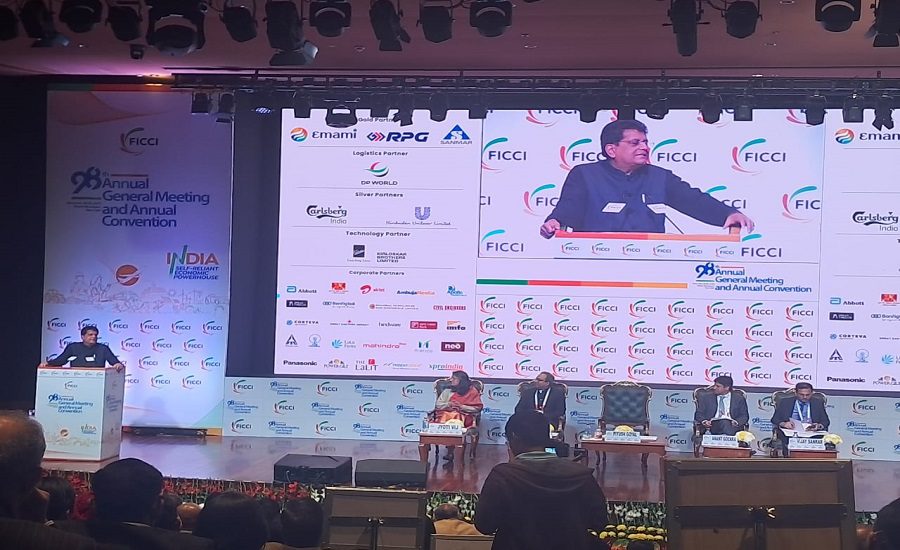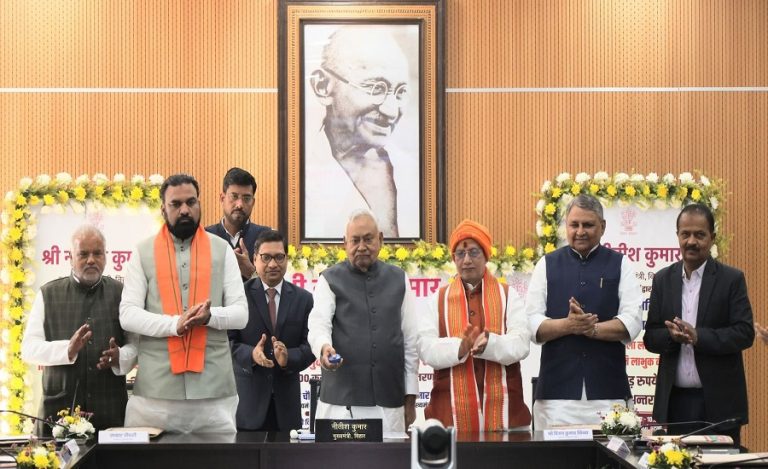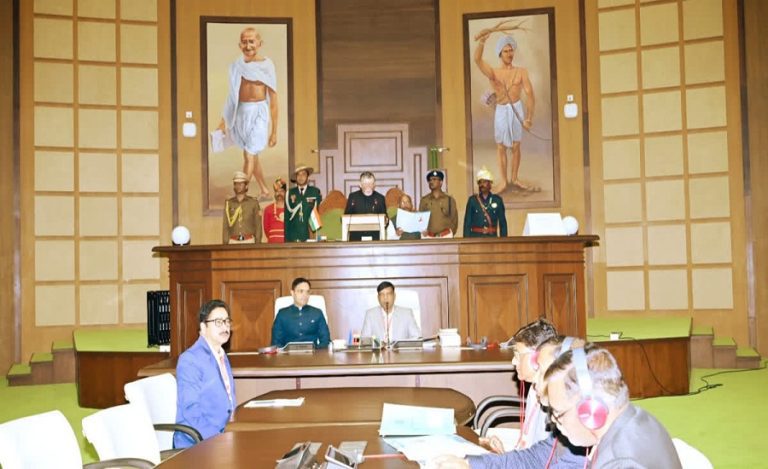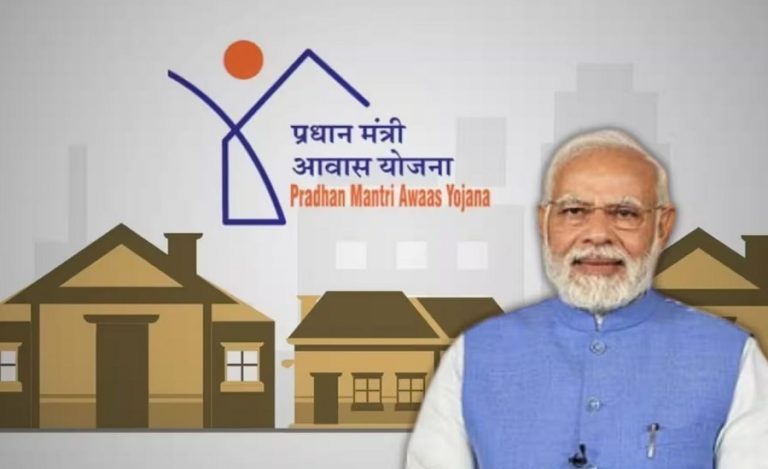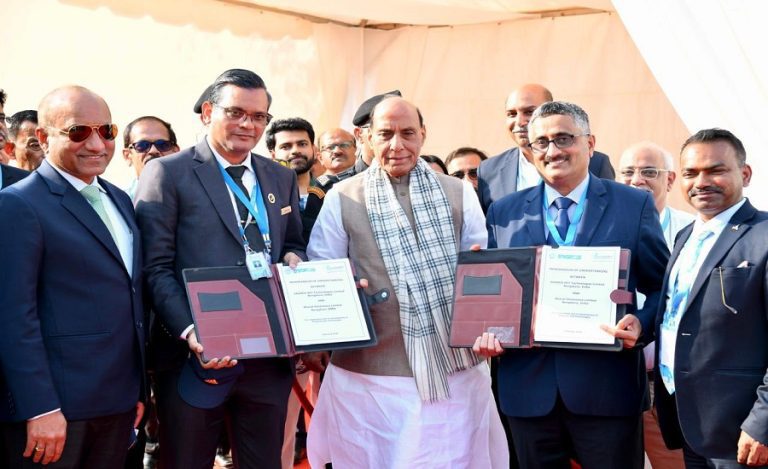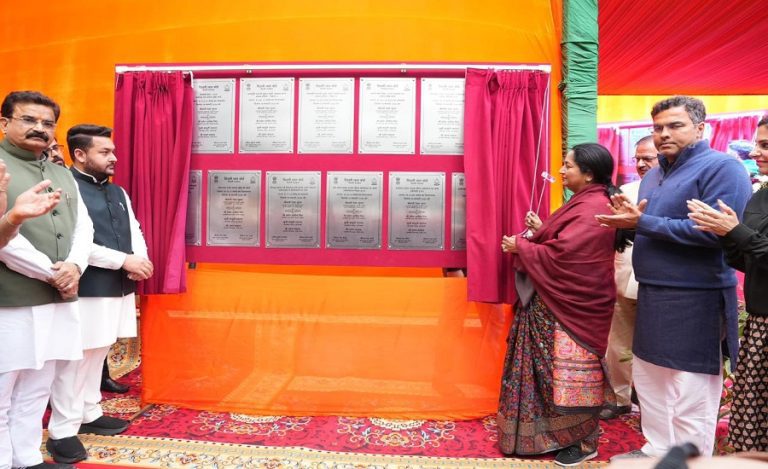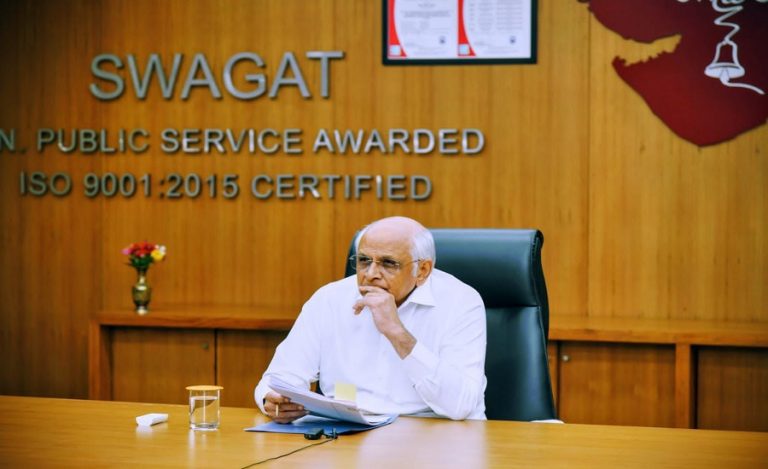New Delhi: India and Canada will resume negotiations for a Comprehensive Economic Partnership Agreement (CEPA) next week, Union Commerce and Industry Minister Piyush Goyal announced at FICCI’s 98th AGM. The move is expected to reinvigorate economic ties, strengthen the business corridor between the two countries, and support India’s ambition to double bilateral trade by 2030.
Goyal said both sides are eager to revive B2B engagement, especially as global supply chains shift and businesses look for trusted partners in a climate of “weaponised trade.”
India Accelerates FTA Engagement Across 50 Countries
Highlighting India’s expanding trade diplomacy, Goyal said New Delhi is in negotiations with 14 customs territories, representing nearly 50 countries. These talks aim to create new export markets, attract FDI, support startups, and open high-value sectors for Indian businesses.
Ongoing and Upcoming FTA Negotiations Include:
- European Union
- Gulf Cooperation Council (GCC) — with Bahrain and Qatar seeking bilateral FTAs
- Oman, New Zealand, Chile, Peru
- Israel — talks to begin soon
- Eurasian Economic Union (EAEU) — Russia, Kazakhstan, Kyrgyzstan, Armenia, Belarus
- MERCOSUR — Brazil, Argentina, Paraguay, Uruguay, Bolivia
- South African Customs Union (SACU) — South Africa, Namibia, Botswana, Eswatini, Lesotho
Goyal emphasised that India’s widening FTA architecture offers preferential market access, reduced tariffs, and smoother investment flows, benefiting industries including digital trade, EVs, textiles, semiconductors, technology, green energy, and food processing.
Business & Investment Impact: Strong Opportunities for Global Integration
India’s renewed push for FTAs is expected to create significant opportunities for businesses and investors. The strategy is designed to –
- Expand market access across Europe, Latin America, Africa, and the Indo-Pacific
- Enhance foreign investor confidence in India’s manufacturing and tech ecosystem
- Help startups and MSMEs integrate with global value chains
- Strengthen India’s role as a trusted global supply-chain hub
With CEPA talks restarting, Canada—home to a large Indian diaspora and strong demand for Indian IT, technology, pharma, and clean-tech solutions—remains a high-potential market for two-way trade and investment.
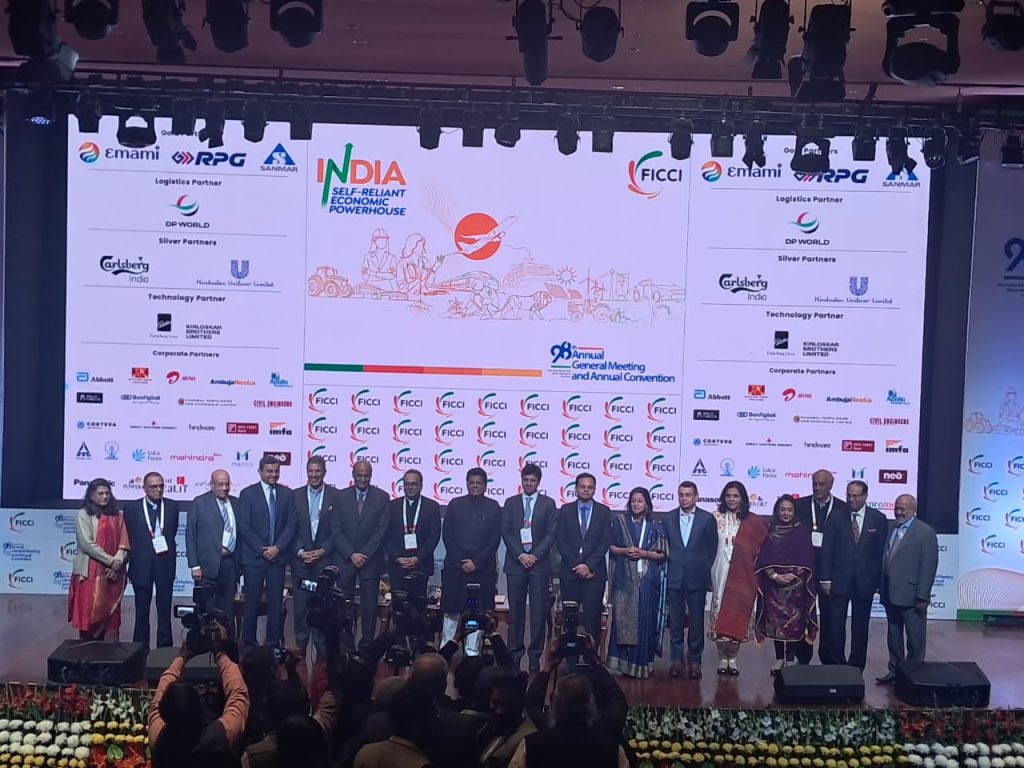
Boosting Talent to Drive India’s Global Ambitions
Goyal stressed that economic security and national security are now intertwined, reflecting India’s transition from past protectionist attitudes to a more outward-looking trade policy.
He noted that India could have concluded FTAs such as those with the UK and EFTA long ago had the country embraced a stronger global approach earlier.
However, he highlighted a major concern from industry:
- a shortage of skilled talent despite India’s young, digitally enabled population.
Bridging this skill gap, he said, is essential for Indian businesses to take full advantage of the new FTAs, global market access, and investment inflows.
A Future-Ready Trade Strategy
With multiple negotiations advancing simultaneously, India’s aggressive FTA agenda positions it as a central player in global commerce. The CEPA revival with Canada adds momentum to India’s vision of strengthening exports, boosting manufacturing, and creating a more competitive environment for startups and enterprises.

